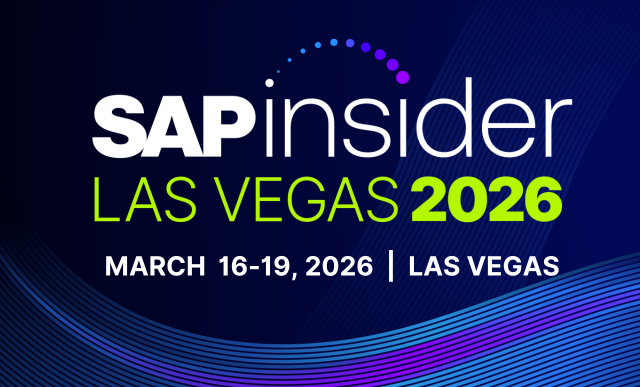The guiding principles of governing AI
Meet the Authors
Key Takeaways
53% of organizations prioritize security and compliance measures in AI implementations, reflecting heightened concerns regarding data privacy and governance.
Robust governance frameworks are essential for managing AI effectively, incorporating trust, ethics, privacy, security, and compliance in AI design and deployment.
Collibra's Data Intelligence Cloud (DIC) enables seamless integration and governance of SAP and non-SAP data, enhancing AI initiatives' transparency and compliance.
The 2024 SAPInsider State of AI Adoption survey indicates that more organizations find it critical to ensure there is governance and transparency of the data used in their artificial intelligence (AI) implementations. According to the survey, 53% of the respondents gave high priority to appropriate security and compliance measures while implementing their AI initiatives.
These findings highlight the growing awareness and concerns around data privacy, data governance or data use, and regulatory compliance. Organizations have indicated that safeguarding this data is crucial for maintaining user trust and adhering to legal requirements, as many AI models handle large volumes of sensitive and personal information.
Therefore, robust security protocols and compliance measures must be in place to protect organizations and their stakeholders from unauthorized access, data leaks, and misuse of critical data.
Explore related questions
A blueprint for AI governance
At a recent Collibra webinar, Infosys, a strategic consulting and implementation partner for Collibra, gave insights into organizations’ critical challenges in governing AI.
According to Gaurav Bhandari, AVP and Head of Data & Analytics Consulting at Infosys, government regulations and frameworks around AI worldwide are in various stages of enforcement, ranging from drafts to enforced legislation.
Thus, organizations must build robust Data, AI Models, and Consumption governance layers into their AI ecosystems to ensure that they include trust, ethics, privacy, security, and compliance while designing, developing, and deploying AI systems.
Giving an example of how Infosys is developing a holistic framework to govern and manage AI for responsible adoption of the technology, Anup Bose, Industry Principal, Head of AI Governance at Infosys, said that the company built its solution offering using the guiding principles of trust, ethics, privacy, security and compliance. An organization must account for data, system/application and AI model layers to address governance and consumption of data. An organization has its own policies, standards, KPIs and measurements along with existing tools and technologies. Finally, the framework added capabilities like organizing and fingerprinting data, integrated control functions, privacy and compliance models, alongside governed consumption.
Bose noted that the solution’s capabilities helped data and AI consumers govern their data footprint through the abovementioned layers. Infosys is now building a three-phased-call-to-action plan using Collibra data intelligence (DIC) as a single-stop destination to onboard AI Use cases and execute end-to-end governance processes. Moreover, Collibra’s assessments will be built into the first few steps of the conceptual workflow to help identify and categorize risks and reject risky data or AI solutions.
AI governance and SAP
Collibra’s DIC can unify SAP and non-SAP data and AI assets to enable users to unleash the full potential of their data. It provides users with a single engagement system and allows an end-to-end view of a modern data stack. Through this partnership, users can establish governance for trusted and transparent data discovery, collaboration and compliant access for all stakeholders. SAP Insiders can also:
- Connect SAP and non-SAP data sources together, including SAP Datasphere and SAP Analytics Cloud.
- Enhance AI’s value, integrity, and compliance by defining, documenting, and monitoring all AI initiatives to ensure visibility of both SAP and non-SAP data, fueling AI for greater transparency.
- Monitor, validate and improve the quality of data with automated data checks for accurate, consistent and reliable business outcomes






